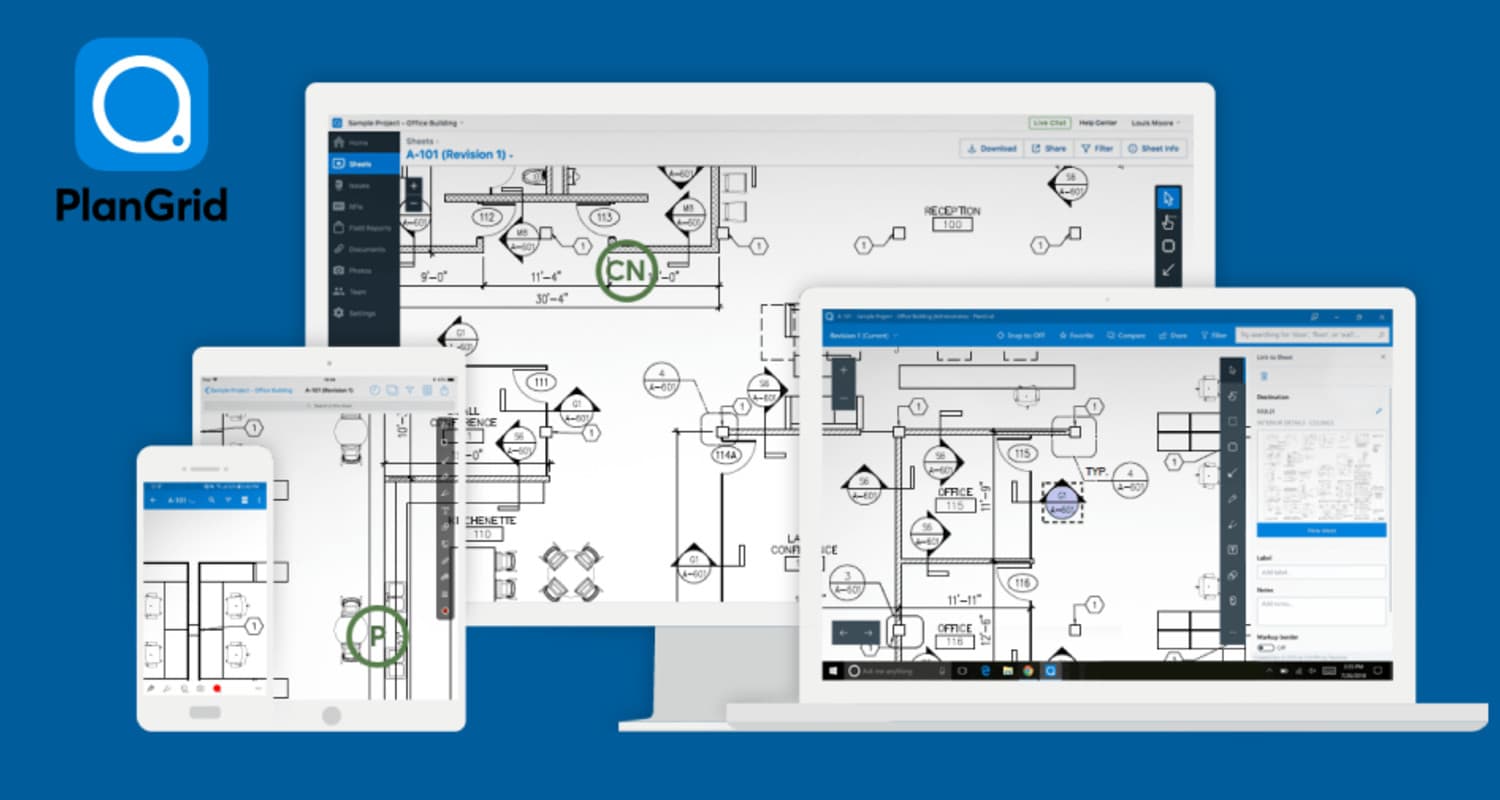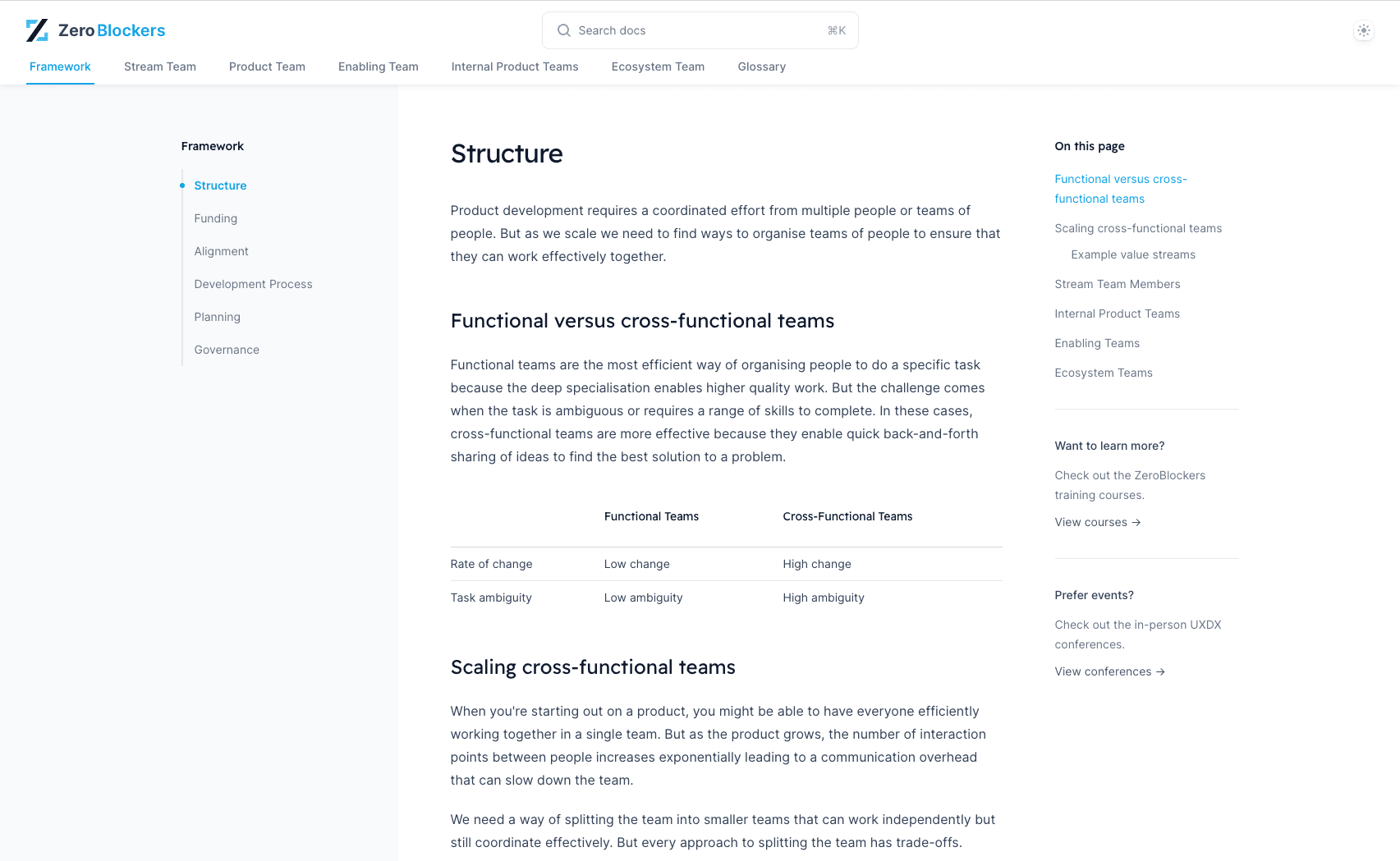Case StudyStream Team: Running Experiments - Implementing Lean Experimental Product Development in High-Stakes Industries
PlanGrid, a startup focused on revolutionizing construction work through digital tools, faced a significant challenge: how to ship reliable and efficient products quickly in an industry where mistakes can have severe consequences. The construction industry is traditionally risk-averse, preferring tried and tested methods over new, unproven innovations. PlanGrid needed a way to innovate rapidly while ensuring the absolute reliability of their products.

The Solution
PlanGrid adopted a lean experimental approach to product development, focusing on rapid iteration and learning while maintaining high reliability. The key components of their approach included:
- Cross-Functional Team: PlanGrid built a cross-functional team that included engineers, product managers, designers, and QA specialists. This team worked closely together, fostering a deep understanding of customer problems and needs.
- Customer-Centric Research: The team conducted extensive user research through interviews, site visits, and shadowing sessions. Everyone on the team, from engineers to designers, participated in these activities to gain firsthand insights into the users' workflows and pain points.
- Lean Hypothesis Testing: PlanGrid used a hypothesis-driven approach to quickly test their ideas. They identified the riskiest assumptions and designed the smallest possible experiments to validate these hypotheses, using methods like surveys, clickable prototypes, and concept tests.
- Concierge MVP: For particularly complex problems, PlanGrid implemented a "concierge MVP" approach, where they manually performed the functions of the proposed solution. This allowed them to validate the concept with real data and users without building a full-fledged product initially.
- Iterative Development: Based on feedback from these experiments, the team iterated rapidly, refining their solutions continuously. This approach ensured that they were building exactly what the users needed and that the final product was reliable and efficient.
Outcomes achieved
The lean experimental approach led to significant improvements and successes for PlanGrid:
- Rapid Validation and Learning: PlanGrid was able to quickly validate key aspects of their product ideas, reducing time to market and minimizing the risk of building the wrong features.
- Customer-Centric Solutions: The close involvement of the entire team in user research ensured that the solutions were deeply aligned with user needs, leading to higher user satisfaction and adoption.
- High Reliability: The use of concierge MVPs allowed PlanGrid to ensure the reliability of their solutions before automating them, maintaining the high standards required in the construction industry.
- Significant Cost Savings: One of the solutions developed using this approach saved a project millions of dollars by preventing cost overruns, demonstrating the substantial impact of their innovations.
- Cultural Shift: The emphasis on experimentation and learning fostered a culture of innovation and continuous improvement within the team, positioning PlanGrid for ongoing success and growth.
